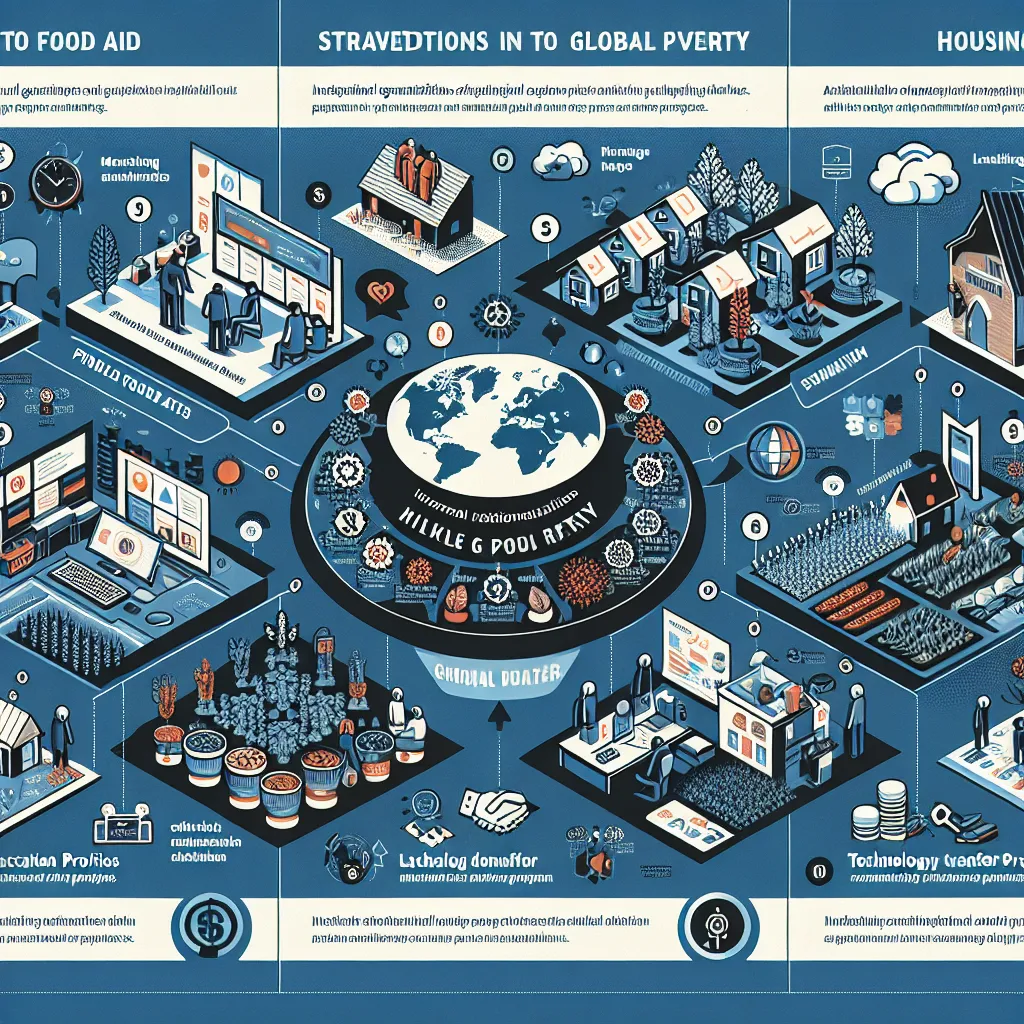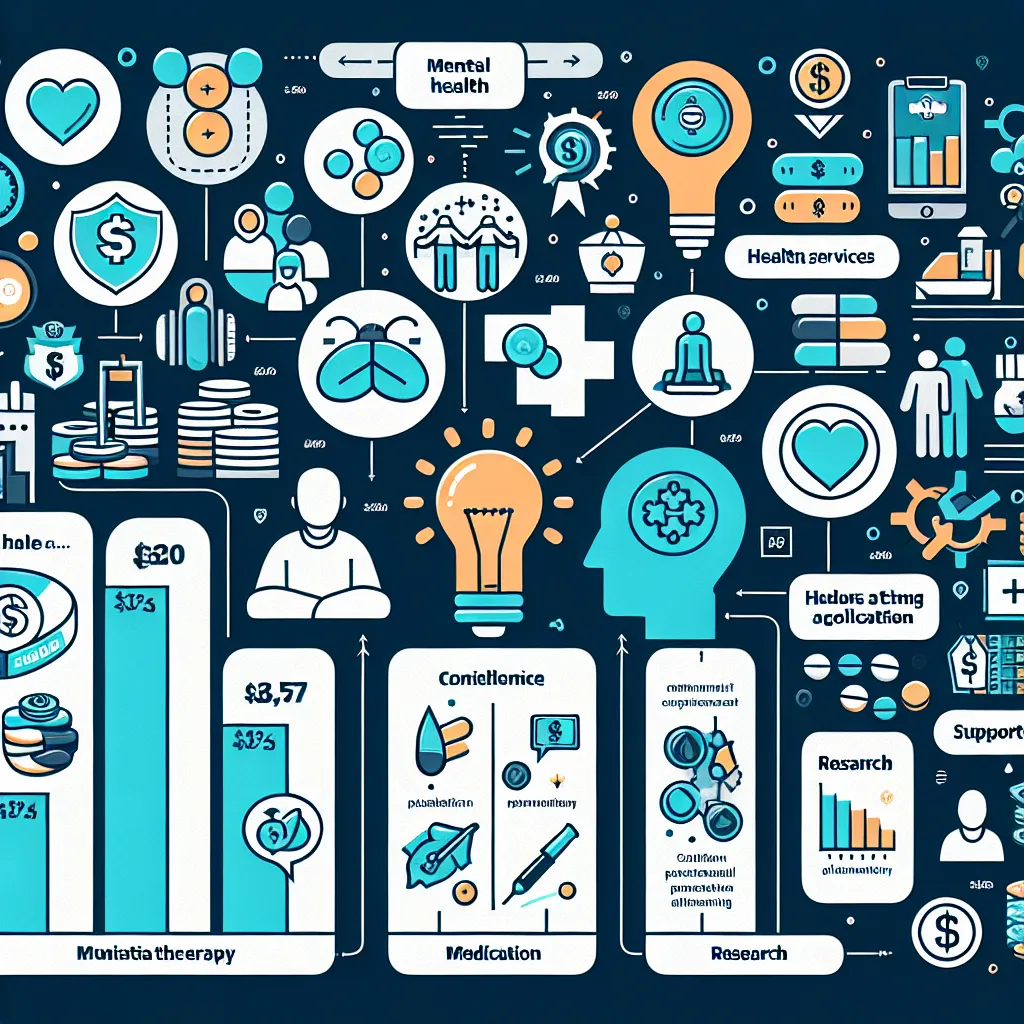Global poverty remains a pressing issue in our interconnected world, and the role of international organizations in addressing this challenge is a topic that frequently appears in IELTS Writing Task 2 exams. This essay topic not only tests your writing skills but also your understanding of global issues and potential solutions. Based on our analysis of past IELTS exams and current global trends, we expect this theme to continue being a popular choice for examiners.
Nội dung bài viết
Let’s explore a sample question and provide model answers for different band scores to help you prepare effectively for your IELTS Writing Task 2.
Analyzing the Question
Some people believe that international organizations should focus on solving basic problems such as food and housing in developing countries. Others argue that it is more important to provide technology and knowledge to these countries. Discuss both views and give your own opinion.
This question presents two contrasting approaches to addressing global poverty:
- Focusing on basic needs (food and housing)
- Providing technology and knowledge
The task requires you to:
- Discuss both viewpoints
- Provide your own opinion
- Support your arguments with reasons and examples
Now, let’s look at sample essays for different band scores.
Sample Essay for Band 8
International organizations play a crucial role in combating poverty worldwide, but opinions differ on the most effective approach. While some advocate for addressing immediate basic needs, others emphasize the importance of long-term solutions through technology and knowledge transfer. In my view, a balanced approach combining both strategies is essential for sustainable poverty reduction.
Those who prioritize basic needs argue that providing food and housing is fundamental to human survival and dignity. Without these essentials, individuals cannot focus on personal development or contribute effectively to their communities. International organizations like the World Food Programme have demonstrated the immediate impact of food aid in crisis situations, preventing widespread famine and malnutrition. Similarly, housing projects by NGOs have provided shelter and stability to countless families, creating a foundation for further development.
On the other hand, proponents of technology and knowledge transfer emphasize the long-term benefits of empowering communities. By providing access to education, vocational training, and modern technologies, international organizations can help break the cycle of poverty. For instance, initiatives that bring internet connectivity to remote areas open up opportunities for online education and e-commerce, enabling individuals to access global markets and information. Agricultural technology transfer programs have also shown significant success in improving crop yields and food security in developing nations.
In my opinion, the most effective approach is to combine both strategies. While meeting immediate basic needs is crucial, it should be complemented by initiatives that build long-term capacity and self-reliance. A holistic approach that addresses both short-term relief and long-term development is key to sustainable poverty reduction. For example, food aid programs could be coupled with agricultural education and technology transfer to improve local food production. Housing projects could incorporate training in construction techniques and sustainable urban planning, creating jobs and building local expertise.
International organizations should tailor their approach to the specific context of each community, recognizing that the balance between immediate aid and long-term development may vary. By addressing both immediate needs and future potential, these organizations can create a comprehensive strategy that not only alleviates current suffering but also lays the groundwork for lasting prosperity and self-sufficiency.
(Word count: 334)
Analysis of Band 8 Essay
This essay demonstrates the qualities expected of a Band 8 response:
-
Task Achievement: The essay fully addresses all parts of the task, discussing both viewpoints and clearly stating the writer’s opinion.
-
Coherence and Cohesion: The essay is well-organized with clear paragraphing and effective use of cohesive devices.
-
Lexical Resource: A wide range of vocabulary is used accurately and appropriately, with sophisticated phrases like “sustainable poverty reduction” and “break the cycle of poverty.”
-
Grammatical Range and Accuracy: The essay showcases a variety of complex sentence structures with minimal errors.
-
Development and Support: Each point is well-developed with relevant examples and explanations.
Sample Essay for Band 7
The role of international organizations in addressing poverty in developing countries is a topic of debate. While some believe these organizations should focus on providing basic necessities like food and housing, others argue that supplying technology and knowledge is more crucial. In my opinion, both approaches have merit and should be combined for effective poverty reduction.
Those who advocate for focusing on basic needs argue that food and shelter are fundamental human rights. Without these essentials, people cannot survive, let alone thrive. International aid organizations have shown that providing food in famine-stricken areas can save countless lives. Similarly, housing projects give people a stable base from which to build their lives and communities.
On the other hand, supporters of technology and knowledge transfer argue that these resources can help countries develop sustainably. By teaching skills and providing modern tools, international organizations can help communities become self-sufficient. For example, agricultural technology can improve crop yields, while educational programs can create a more skilled workforce. This approach aims to address the root causes of poverty rather than just its symptoms.
In my view, the most effective strategy would be to combine both approaches. While it’s crucial to meet immediate needs for survival, it’s equally important to provide the means for long-term development. International organizations could provide food aid while also teaching modern farming techniques, or build houses while training local people in construction skills. This balanced approach would address both immediate and future needs.
To conclude, while both viewpoints have valid arguments, a comprehensive approach that addresses both basic needs and long-term development through technology and knowledge transfer is likely to be most effective in combating poverty in developing countries.
(Word count: 280)
Analysis of Band 7 Essay
This essay demonstrates the qualities expected of a Band 7 response:
-
Task Achievement: The essay addresses all parts of the task, presenting both viewpoints and the writer’s opinion.
-
Coherence and Cohesion: The essay is well-organized with clear paragraphing, though cohesive devices are less sophisticated than in the Band 8 essay.
-
Lexical Resource: Good use of vocabulary related to the topic, with some attempts at less common words.
-
Grammatical Range and Accuracy: A mix of simple and complex sentence structures with generally good control.
-
Development and Support: Each point is supported with examples, though not as extensively as in the Band 8 essay.
 International organizations addressing global poverty
International organizations addressing global poverty
Sample Essay for Band 6
International organizations have an important job in helping poor countries. Some people think they should give food and houses to people in these countries. Other people believe it’s better to give them new technology and teach them new things. I think both ideas are good and can help.
Giving food and houses is important because everyone needs these things to live. If people don’t have food, they will be hungry and sick. If they don’t have houses, they will not be safe. Many aid groups give food to countries when there is not enough to eat. They also build houses for people who lost their homes in disasters. This helps people right away.
But giving technology and knowledge is also good. It can help countries solve their own problems in the future. For example, if we teach farmers how to grow more food, they can feed more people. If we give computers to schools, children can learn more. This can help countries become richer over time.
I think the best way is to do both things. We should give food and houses to people who need them now. But we should also teach them new skills and give them new tools. This way, we can help with problems now and in the future.
In conclusion, international organizations should try to give both basic things like food and houses, and also new technology and knowledge. This will help poor countries in many ways.
(Word count: 249)
Analysis of Band 6 Essay
This essay demonstrates the qualities expected of a Band 6 response:
-
Task Achievement: The essay addresses the main parts of the task, though the treatment of each point is less developed compared to higher band scores.
-
Coherence and Cohesion: The essay has a clear structure, but uses simpler linking words and phrases.
-
Lexical Resource: The vocabulary is adequate for the task, but lacks the sophistication seen in higher band scores.
-
Grammatical Range and Accuracy: Mostly simple sentences with some attempts at complex structures. There are some errors, but they do not impede communication.
-
Development and Support: Basic examples are provided, but they lack the depth and specificity of higher band essays.
Key Vocabulary to Remember
- Global poverty (noun) – /ˈɡləʊbəl ˈpɒvəti/ – Widespread lack of wealth and resources across the world
- International organizations (noun) – /ɪntəˈnæʃənəl ˌɔːɡənaɪˈzeɪʃənz/ – Groups that operate across national borders
- Sustainable (adjective) – /səˈsteɪnəbəl/ – Able to be maintained at a certain rate or level
- Technology transfer (noun) – /tekˈnɒlədʒi ˈtræns.fɜːr/ – The process of sharing skills, knowledge, and technologies
- Self-sufficiency (noun) – /ˌself səˈfɪʃənsi/ – The ability to provide for oneself without external assistance
- Holistic approach (noun) – /həʊˈlɪstɪk əˈprəʊtʃ/ – A method that considers all aspects of a situation
- Alleviate (verb) – /əˈliːvieɪt/ – To make a problem or suffering less severe
- Empower (verb) – /ɪmˈpaʊər/ – To give someone the authority or power to do something
- Vocational training (noun) – /vəʊˈkeɪʃənəl ˈtreɪnɪŋ/ – Education that prepares people for specific trades or crafts
- Food security (noun) – /fuːd sɪˈkjʊərəti/ – The state of having reliable access to sufficient, affordable, nutritious food
Conclusion
Mastering essays on how international organizations can address global poverty requires a deep understanding of the complexities involved and the ability to articulate various perspectives clearly. By studying these sample essays and analyzing their strengths, you can improve your own writing skills and prepare effectively for the IELTS Writing Task 2.
Remember, practice is key to improving your writing skills. Try writing your own essay on this topic and share it in the comments section below. This active practice will help you internalize the essay structure and improve your ability to express complex ideas clearly and coherently.
For further practice, consider exploring related topics such as the impact of globalization on economic inequality, the role of international trade in economic development, or how education can contribute to poverty reduction. These themes often intersect with the topic of international organizations and global poverty, and understanding them will broaden your perspective and enrich your essays.


